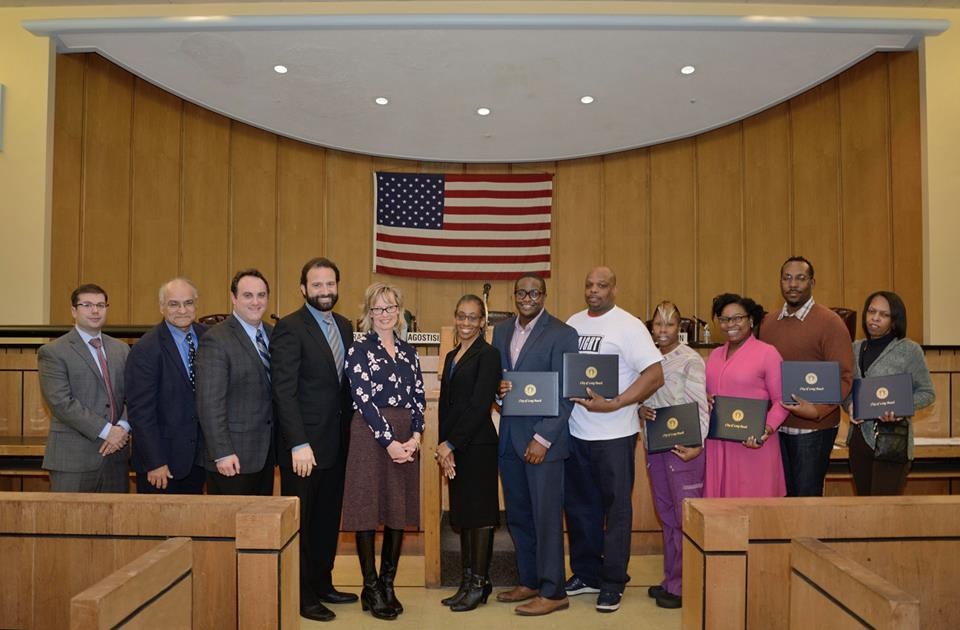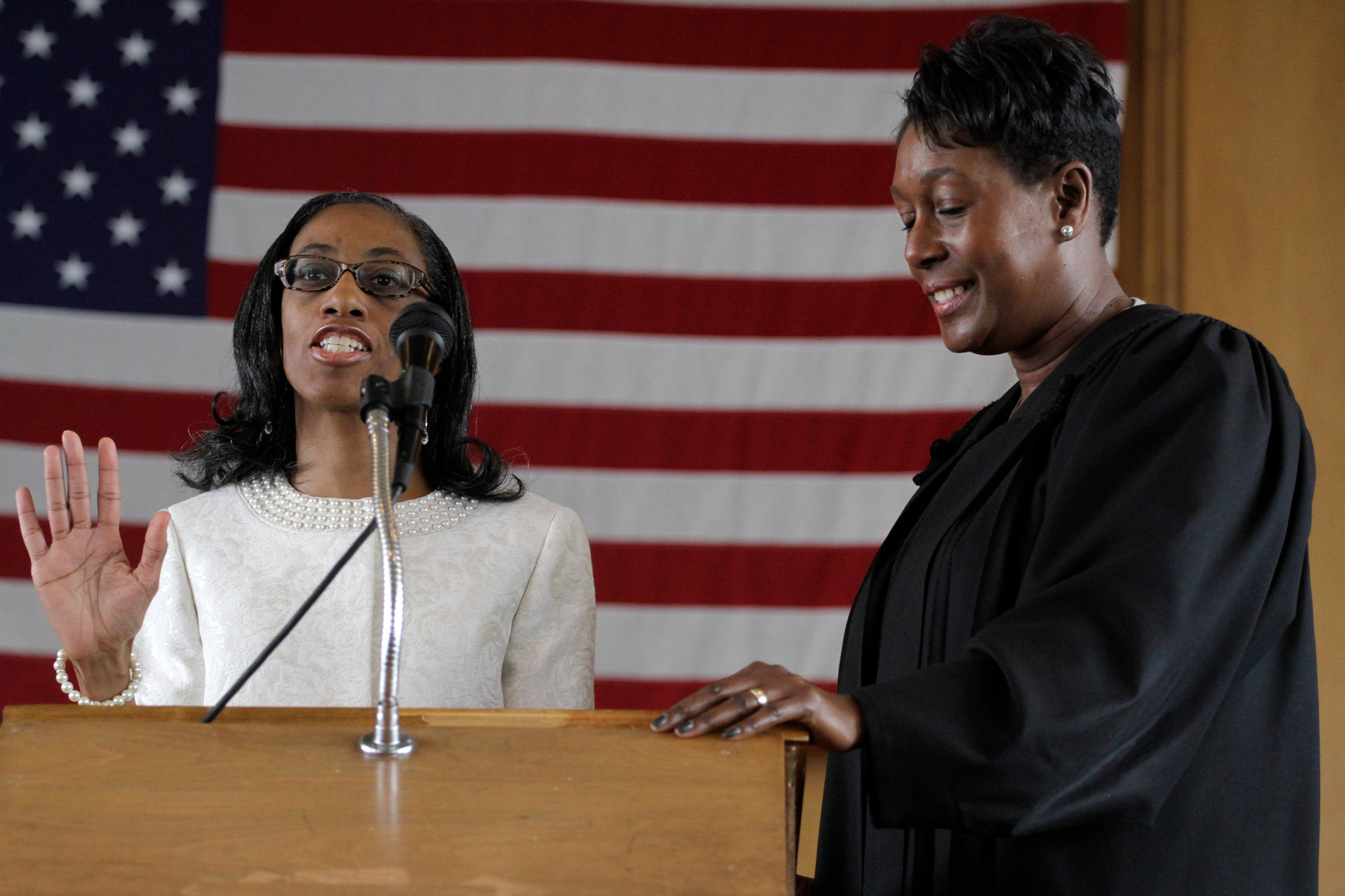A reflection on Black History Month
For the first time in the history of Long Beach, we acknowledged Black History Month and the contributions of African-Americans to our country as well as to our beloved city.
Black History Month, which originated with “Negro History Week,” was created by Dr. Carter G. Woodson in 1926 and observed on the second week of February. Dr. Woodson selected the second week in February to honor the birthdays of Frederick Douglass and Abraham Lincoln. In 1976, the week-long observance was expanded to become Black History Month, a nationwide celebration.
As an African-American, educator and elected official, I recognize the significance of this month in a personal and professional manner. I was blessed to have parents with strong family values, work ethic and faith. I learned about my history and identity from my family and their love for the arts, music, books and the black church.
However, my K-12 classroom experience never affirmed my racial and cultural background. I can vividly remember a picture of Dr. Martin Luther King Jr. on the back cover of my textbook. My rich history was mentioned with reference to the slaves during Civil War discussion. I was also told that George Washington Carver discovered numerous uses for the peanut. When you grow up as a “lone” black American child in a predominantly white school district, this is extremely hurtful.
Dr. Woodson created Negro History Week in 1926 because black Americans and their accomplishments were excluded from the educational curricula of that time. Moreover, the films and advertisements of the period displayed distorted images of blacks. Thus, he believed the Negro History Week could show all Americans that we were inventors, scientists, doctors, lawyers, educators--contributors to the country we learned to love and serve. Dr. Woodson also believed that if white Americans learned the true history of blacks in America, prejudice and negative stereotyping could be eradicated.









